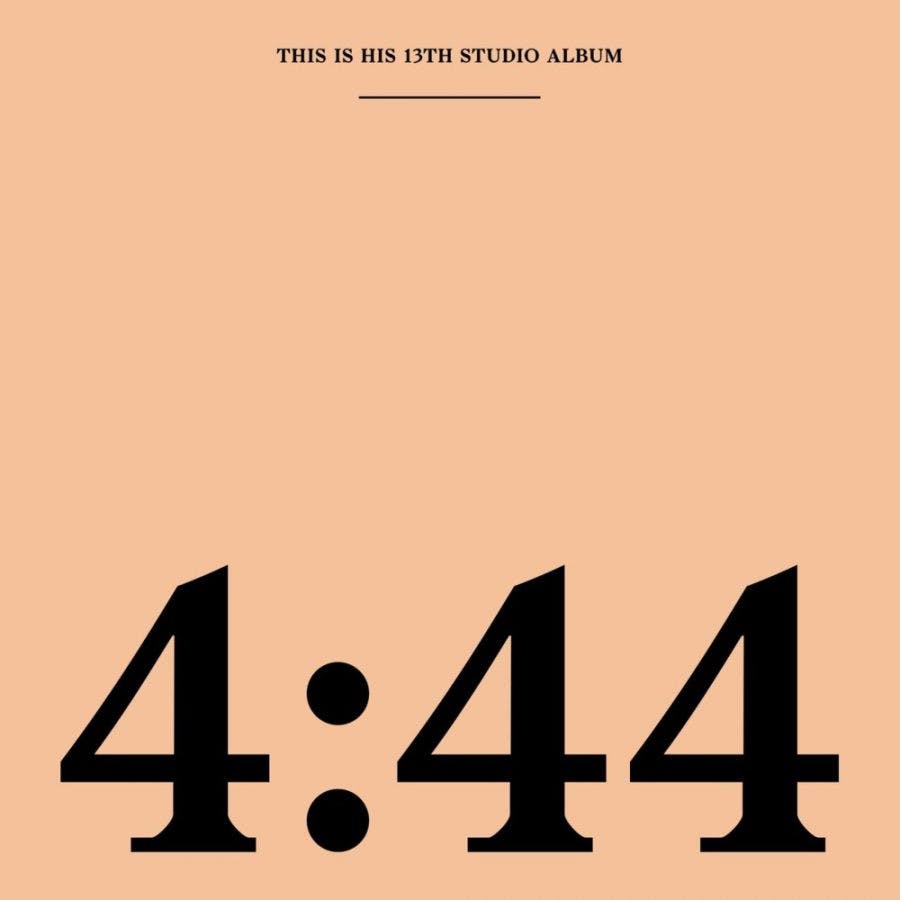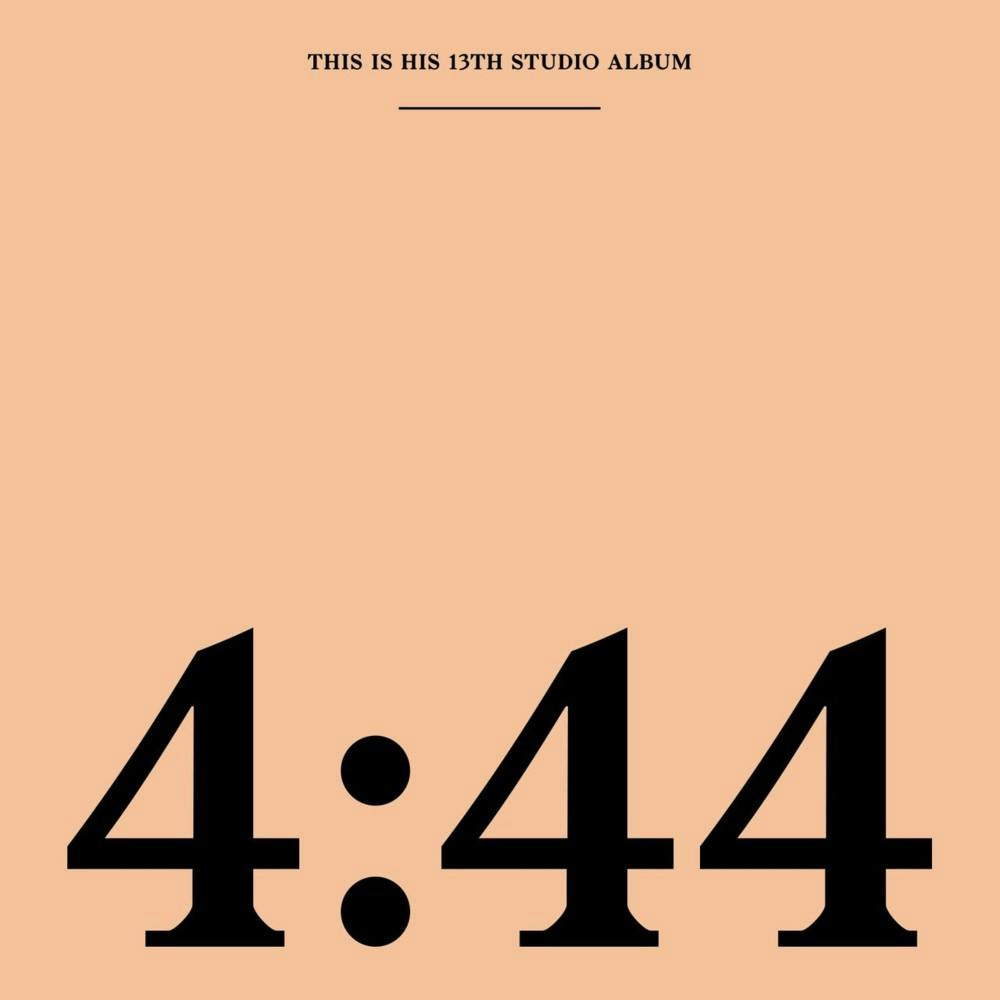Katrina Spencer is a Literatures & Culture Librarian in the Davis Family Library.

In summary: A great listen for anyone interested in examining and undoing the impacts of toxic black masculinity.
This album is the most striking I’ve encountered from recent memory and I mean that in reference to its content and to its dissemination. First of all, Jay-Z is one of the most powerful celebrities in Hollywood and the history of rap music moguldom. Knowing the reach of his influence, he chose to publicly expose the ideologies that threatened his intimate relationships on the world stage. Moreover, he did so on his terms: dissatisfied with musical artists not receiving enough of the financial benefit from their productions, he created his own platform, Tidal, and releases music on it selectively, providing users access for a subscription fee. Now I can’t call Tidal a “success,” per se, but what I can call it is a bold, confident and defiant move. If hip-hop is anything, isn’t it bold, confident and defiant? Its swagger and braggadocio known in every corner of the world?
And let us not forget the music video “The Story of O.J” that accompanied the release of 4:44! It’s an animated music video of a black male protagonist caricature attempting to navigate the world of the rich while ignoring his oppressed racial identity. (The “O.J.” in the title of the song refers to Orenthal James “O.J.” Simpson, a famous football figure who was tried for the murder of his wife, Nicole Simpson, in 1994 and was later incarcerated on unrelated armed robbery and kidnapping charges in 2007.) Jay-Z, along with his wife, Beyoncé Knowles, who needn’t even be named, shake the musical world every time they release music. And I don’t mean just tremors and aftershocks: I mean earthquakes.
They both seem to be expressing a desire to be as transparent with their fans as possible without betraying their privacy. So, they tell us about the drama of their marriage, their hidden demons and their efforts to stabilize their union after the hard work of repair has been done. What has touched my heart about this album is that Jay-Z critically examines toxic black masculinity in a very open, honest and public way. He acknowledges that the ruthless attitudes he had when he was a youth who dealt drugs no longer serve the loving relationships of his middle age in which he finds himself a father and a husband. He intimates that his ego nearly caused him to lose his wife. And he underscores the importance of creating a legacy that will serve his offspring. This vernacular is not one we hear often in the hip-hop world. More often we hear of women being seen as disposable, written off as disloyal “bitches” and “hoes.” We hear of the use and abuse of recreational drugs. We hear of crazy nights in the club. But how often do you hear a hard-edged rapper state that he almost lost all that he valued and decided to change before it was too late? The mere novelty of this message had me playing this disc on repeat (though I know you all stream). Its content is a message to everyone who admires the power that accompanies celebrity: a cautionary tale that incites others to recalibrate their values and to align them in ways that help them to sustain relationships that are of worth.
I recommend this album to any young men who has been inundated with misogynistic messages and has struggled to understand how our society reconciles its relentless appetites for women as irresistible “ride or dies” and simultaneously refers to us as “bitches,” “hoes,” “thots” and “milfs.”
The Librarian is in

4:44 Jay-Z 2017
Comments



